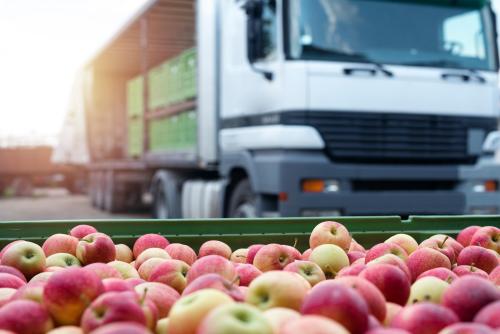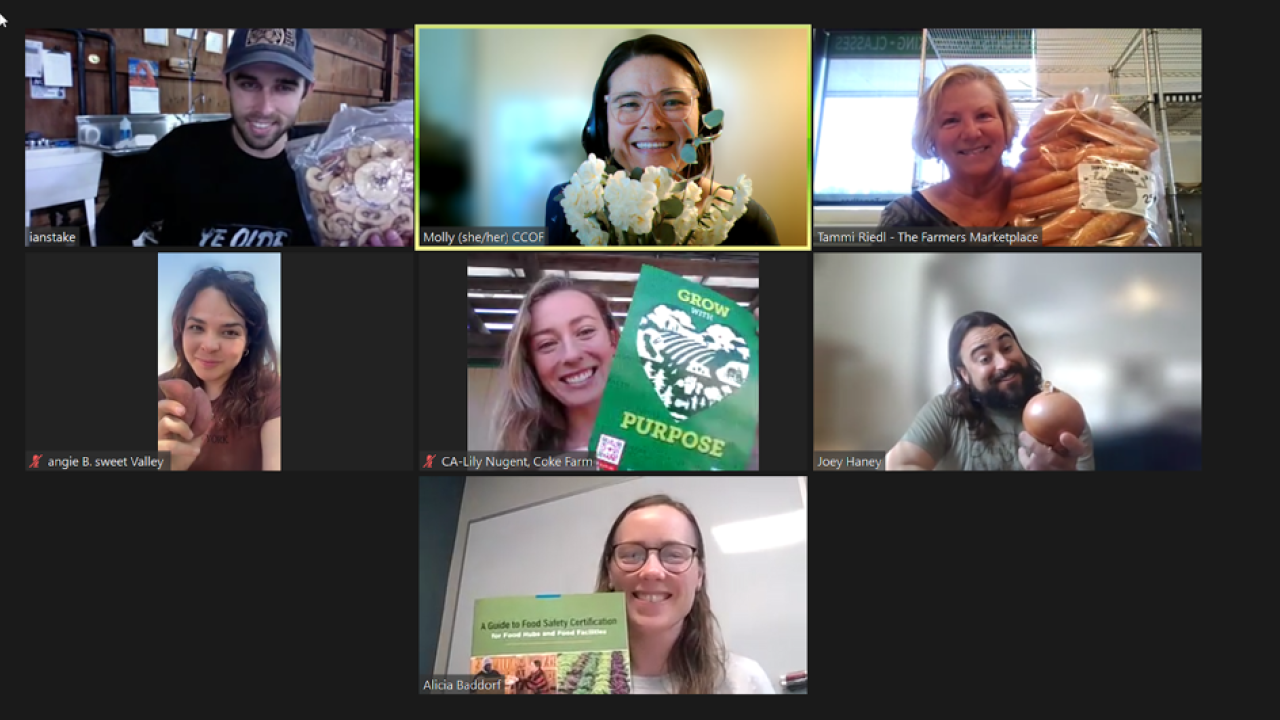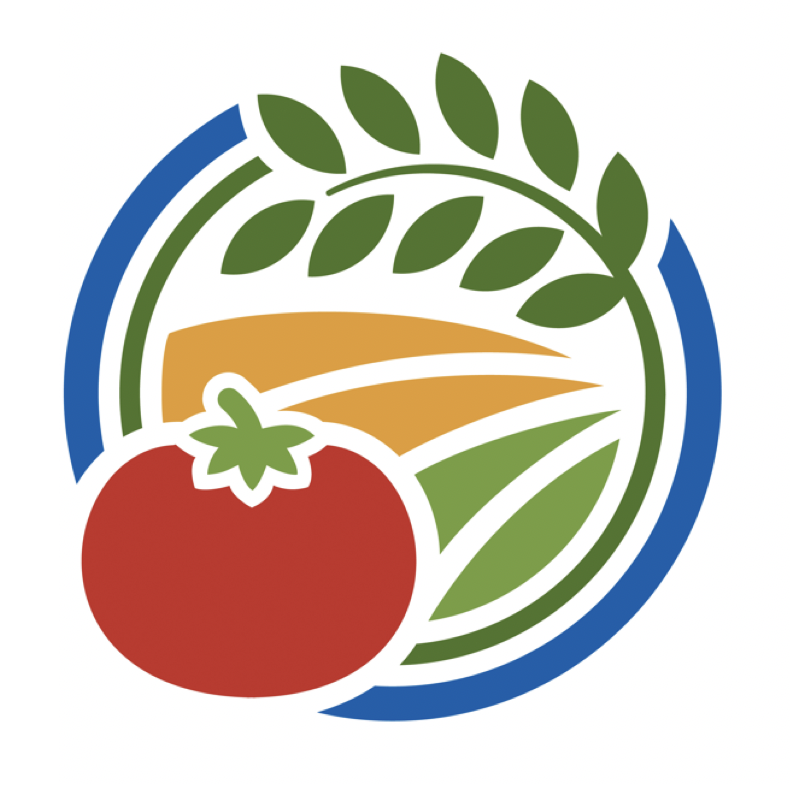Food Hubs and Strengthening Organic Enforcement (SOE)

Strengthening Organic Enforcement (SOE), a federal regulation published by the United States Department of Agriculture (USDA) National Organic Program (NOP) in 2023, amends USDA organic regulations by strengthening oversight and enforcement of the production, handling, and sale of organic agricultural products. SOE aims to protect integrity in the organic supply chain by improving transparency and traceability of organic products, thereby minimizing organic fraud and building consumer and industry trust in the USDA organic label. Food hubs or aggregation businesses that handle – including buy, sell, distribute, repack, label – organic products may be required to obtain organic certification as a result of this rule. The deadline for meeting all requirements of the rule was March 19th, 2024.
UC SAREP has compiled resources for food hubs and aggregators covering general information about SOE, how to determine their compliance status under the SOE Rule, and steps they must take to meet compliance standards.
Overview of SOE
UC SAREP's Strengthening Organic Enforcement: Information for Food Hubs Webinar
In this webinar from December 6th, 2023, applicant support specialists from California Certified Organic Farmers (CCOF) speak about Strengthening Organic Enforcement (SOE), with a focus on food hubs. Topics include the specific impacts SOE has on food hubs, what makes a food hub exempt or non-exempt, and what to expect when applying for organic certification. You may also view the accompanying webinar slide deck.
Information about the SOE Final Rule from the USDA Agricultural Marketing Service (AMS)
This webpage provides general information about SOE, the full text of the final rule, and several resources from the USDA AMS.
CCOF SOE Video Series
In this 7-video series, CCOF provides an overview of topics including: overview of SOE and who is impacted, information for uncertified brokers, traders, wholesalers, importers, and exporters, requirements for sealed and tamper-evident retail packaging for marketers, and information for uncertified retail establishments. Videos are short in length, between 3 and 10 minutes.
Oregon Tilth SOE Video Series
In this 6-video series, Oregon Tilth provides an overview of topics including: informational overview of SOE, labeling of non-retail containers, supply chain traceability, and organic fraud prevention, unannounced inspections, mass balance & traceability audits, producer groups, and inspectors, and guidance on assessing your supply chain.
Determining Whether Your Business Needs to be Certified
CCOF Organic Certification Self-Assessment and Oregon Tilth Certification Matrix
Use either of these flowcharts to determine whether your business will need to be certified organic. It is possible that portions of your operation will need to be certified while others are exempt.
Organic Group Mentorship Program for Food Hubs
From 2024 to 2025, UC SAREP is partnering with the CCOF Foundation to coordinate a group mentorship program supporting food hubs with their process of obtaining organic certification. Six food hubs are paired with a mentor food hub, Coke Farm, and meet regularly to learn about best practices for organic recordkeeping, share their experiences along the way to obtaining organic handling certification, engage in peer-to-peer learning, and consult with Coke Farm about operation-specific questions. Mentee food hubs also have the opportunity to meet one-on-one with Coke Farm and visit their site. The program is funded by the USDA’s West/Southwest Transition to Organic Partnership Program (TOPP) and facilitated in California by the CCOF Foundation. To learn more, please visit www.organictransition.org.

